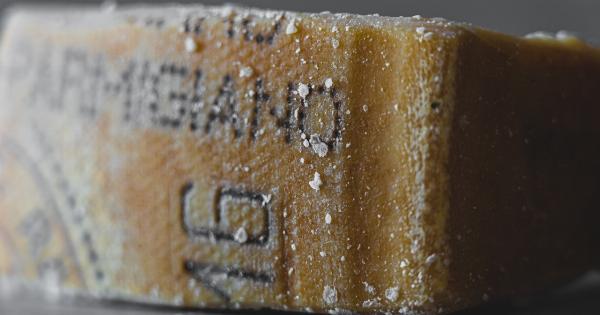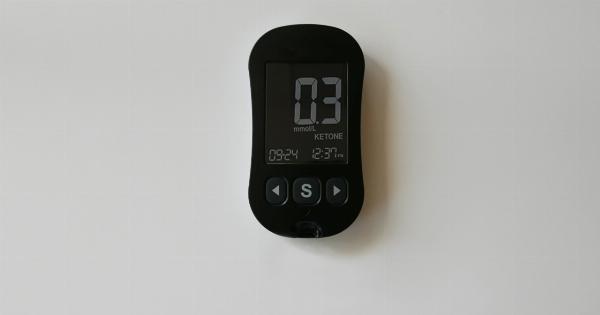Headaches are a common health issue that affect millions of individuals worldwide. While the causes of headaches can be numerous, research has shown that there may be a link between sodium intake and headache development.
In this article, we will explore the role of sodium intake in headache development and the potential impact of reducing sodium intake on headache frequency and severity.
What is Sodium and How Does it Impact the Body?
Sodium is a critical nutrient that plays a significant role in maintaining fluid balance in the body. It is an electrolyte that helps in transmitting nerve impulses, muscle contractions, and maintaining the acid-base balance in the body.
However, excessive sodium intake can lead to several health problems, including high blood pressure, heart disease, and stroke.
Sodium and Headaches: The Connection
Several studies have suggested that sodium intake may be linked to headaches.
One study published in the Journal of Hypertension found that individuals who consumed higher levels of sodium had a 31% greater risk of developing headaches than those who consumed lower levels of sodium.
Another study conducted by the National Headache Foundation found that reducing sodium intake to less than 1,500 milligrams per day significantly reduced the frequency and severity of headaches in some individuals.
How Does Sodium Intake Trigger Headaches?
The exact mechanism by which sodium intake triggers headaches is not fully understood. However, several theories have been proposed.
Some researchers believe that high levels of sodium in the blood lead to dehydration, which can trigger migraines and tension headaches. Others believe that excessive sodium intake may lead to an increase in blood pressure, which can also cause headaches.
Tips for Reducing Sodium Intake
If you suffer from frequent headaches, reducing your sodium intake may help alleviate your symptoms. Here are some tips to help you reduce your sodium intake:.
- Avoid processed foods such as canned soups, packaged snacks, and frozen dinners.
- Opt for fresh fruits and vegetables instead of canned or frozen varieties.
- Avoid adding salt to your meals or use a low-sodium alternative, such as herbs and spices.
- Read food labels carefully to determine the sodium content of packaged foods.
- Choose lean cuts of meat and poultry and avoid processed meats such as bacon and sausage.
Other Ways to Alleviate Headaches
In addition to reducing sodium intake, there are several other ways to alleviate headaches. Here are some tips:.
- Stay hydrated by drinking plenty of water throughout the day.
- Try relaxation techniques such as deep breathing, meditation, and yoga.
- Get adequate sleep and maintain a regular sleep schedule.
- Avoid triggers such as alcohol, caffeine, and certain foods that may trigger headaches.
- Consider seeking medical treatment for chronic headaches.
The Bottom Line
Sodium intake has been linked to headaches, and reducing sodium intake may help alleviate symptoms in some individuals. However, it is essential to maintain a healthy diet that provides adequate nutrients while limiting sodium.
If you suffer from chronic headaches, it is essential to consult with a healthcare provider to determine the underlying cause and develop an appropriate treatment plan.






























